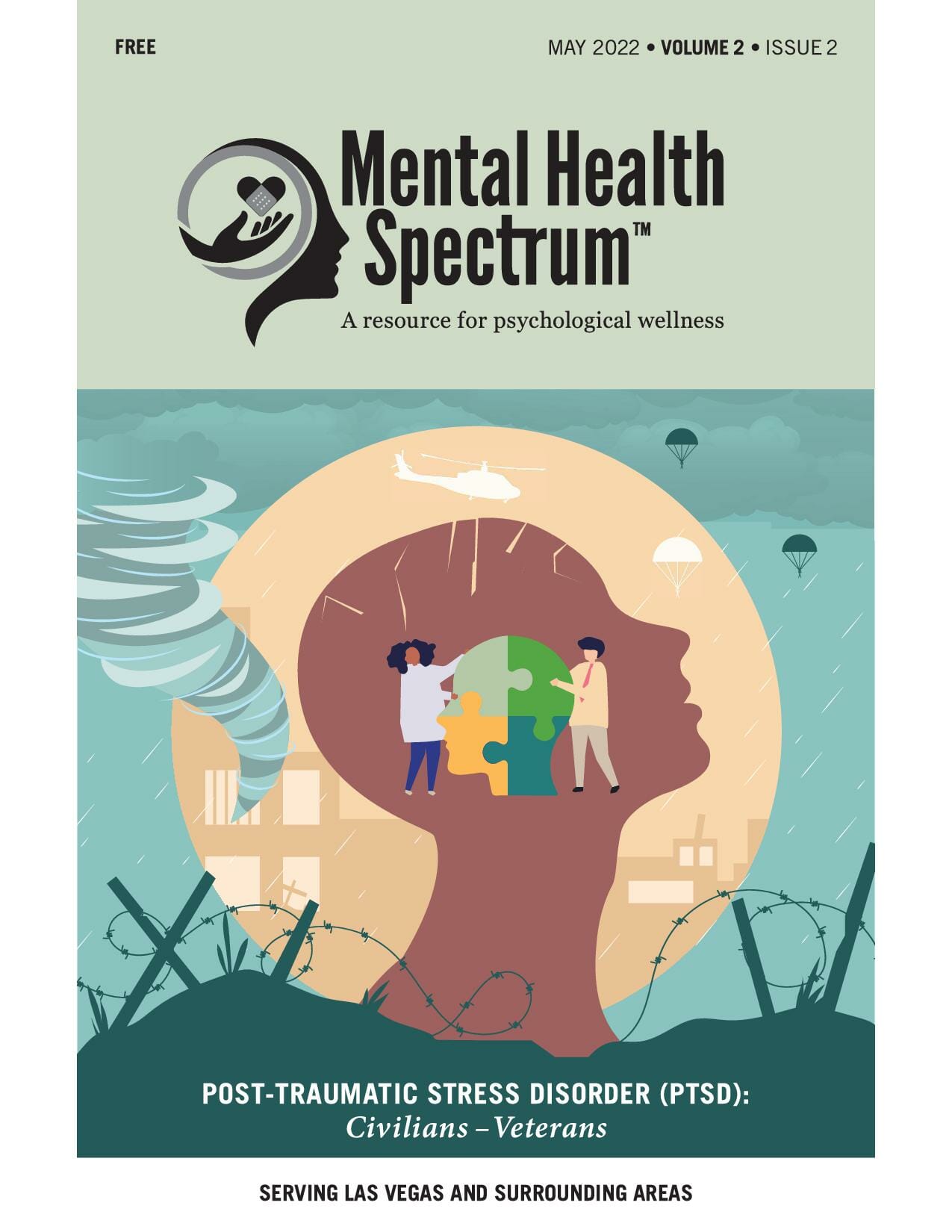
The art of resiliency is symbolized in the Chinese proverb: “The bamboo that bends is stronger than
the oak that resists.”
Even though the bamboo’s tensile strength resembles steel, and its toughness is similar to oak, bamboo is highly elastic and desired in earthquake-prone areas. Focused on full life support, Asians build houses with bamboo, believing it encourages living with consistent, flexible endurance.1 When dealing with the strong emotions of trauma and PTSD, there is a certain rigidity (resembling the toughness of oak) that interferes with the art of flexibility, aka emotional fluidity (as desired in bamboo’s elasticity). Practicing emotional fluidity strengthens resilience by allowing appropriate full-strength, healthy expression of the broad continuum of emotion; not becoming intensely stuck or repressing any emotion.
Among the many coping techniques taught, active and receptive music therapy approaches (including psychoeducation) can support the development of emotional fluidity. When practiced
regularly it can improve resilience.
Client Madison considers his customized Music Medicine Pill essential to his addiction treatment for PTSD. Learn more about his story clicking on this live streamed Music Medicine Club SPOTLIGHT.
Read more in “The Art of Overcoming PTSD: Building Resiliency Via Music Therapy” on pages 11-12 of the Mental Health Spectrum.
